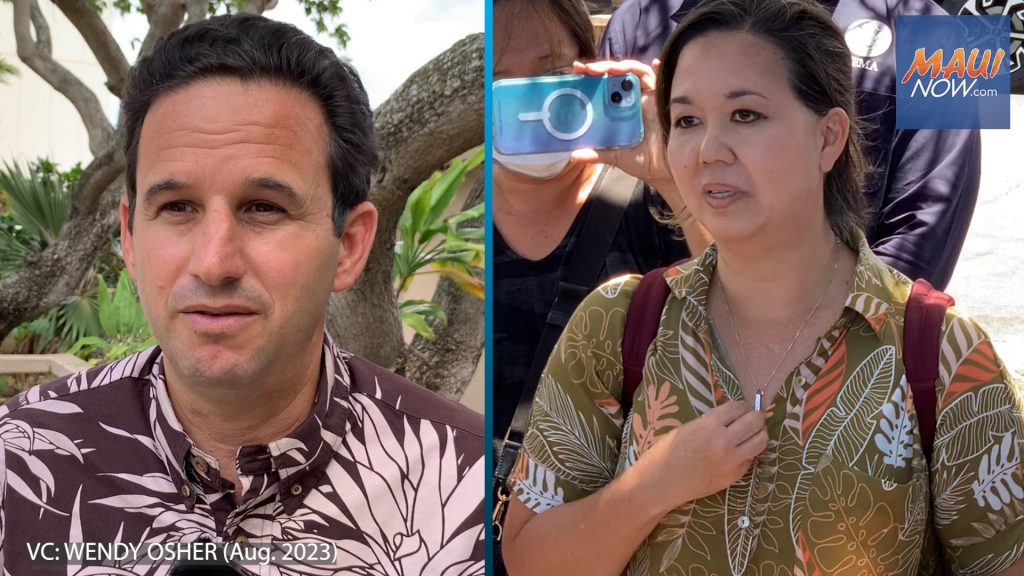Congress to consider resolution for February as Hawaiian Language Month

Hawaiʻi’s Democratic congressional delegation has introduced a resolution celebrating Mahina ʻŌlelo Hawaiʻi, also known as Hawaiian Language Month.
“This February, we celebrate Mahina ʻŌlelo Hawaiʻi and the Native language schools and programs that work every day to preserve the Hawaiian language and culture,” said Sen. Brian Schatz, chair of the Senate Committee on Indian Affairs.
Rep. Jill Tokuda said: “I am proud to join my Hawai‘i colleagues in introducing this resolution, which designates February as Mahina ‘Ōlelo Hawai‘i and recommits the federal government to preserving and promoting the use of ‘ōlelo Hawai‘i in our schools, workplaces and everyday life. Thanks to the efforts of practitioners, instructors, and advocates, the restoration of the Hawaiian language serves as a beacon of hope for indigenous peoples everywhere and provides a successful model for other indigenous languages programs. We can and must build upon this progress to ensure the use, practice, and development of ‘ōlelo Hawai‘i for generations to come.”

“Indigenous languages are critical to the perpetuation of any culture,” said Sen. Mazie Hirono. “However, decades of policies banning the teaching of ‘ōlelo Hawai‘i, including an outright ban of the Hawaiian language in 1896, led to its near-extinction. I was proud to vote to reinstate ‘ōlelo Hawai‘i to Hawai‘i public schools when I was in the state Legislature. We have made significant progress in reviving this critical part of Native Hawaiian history and culture, but ‘ōlelo Hawai‘i is still considered an endangered language today and our work is far from over.”
Rep. Ed Case, a member of the House Natural Affairs Committee and of its Subcommittee on Indian and Insular Affairs, said: “As we celebrate Mahina ʻŌlelo Hawaiʻi, I extend a sincere mahalo nui loa to all who so tearlessly work to promote and sustain the language and culture of Kānaka Maoli.”
Schatz has authored several laws promoting Native languages, including the Native American Language Resource Center Act, which last year awarded a consortium led by the University of Hawai‘i at Hilo with $6.6 million to establish the first National Native American Language Resource Center. The new federal funding will provide resources to foster collaboration and promote the use of Native American languages across the country.










